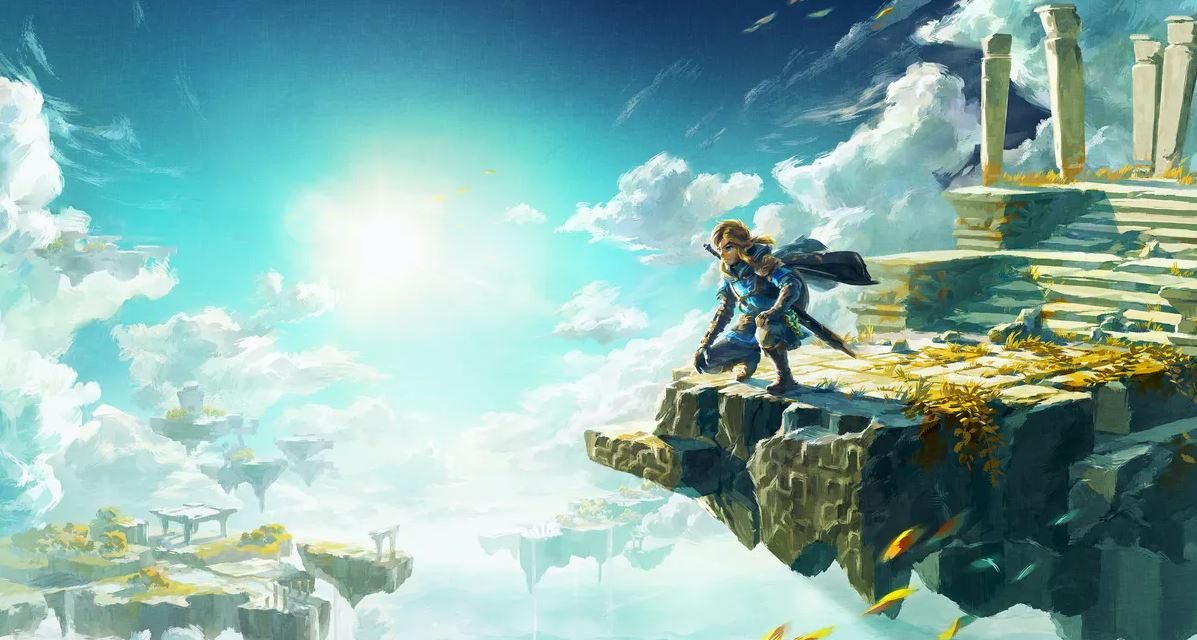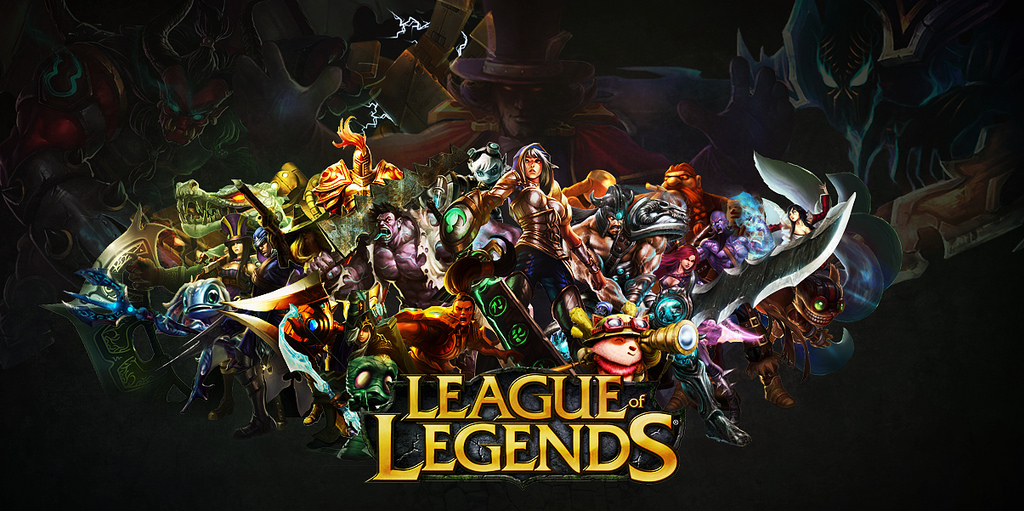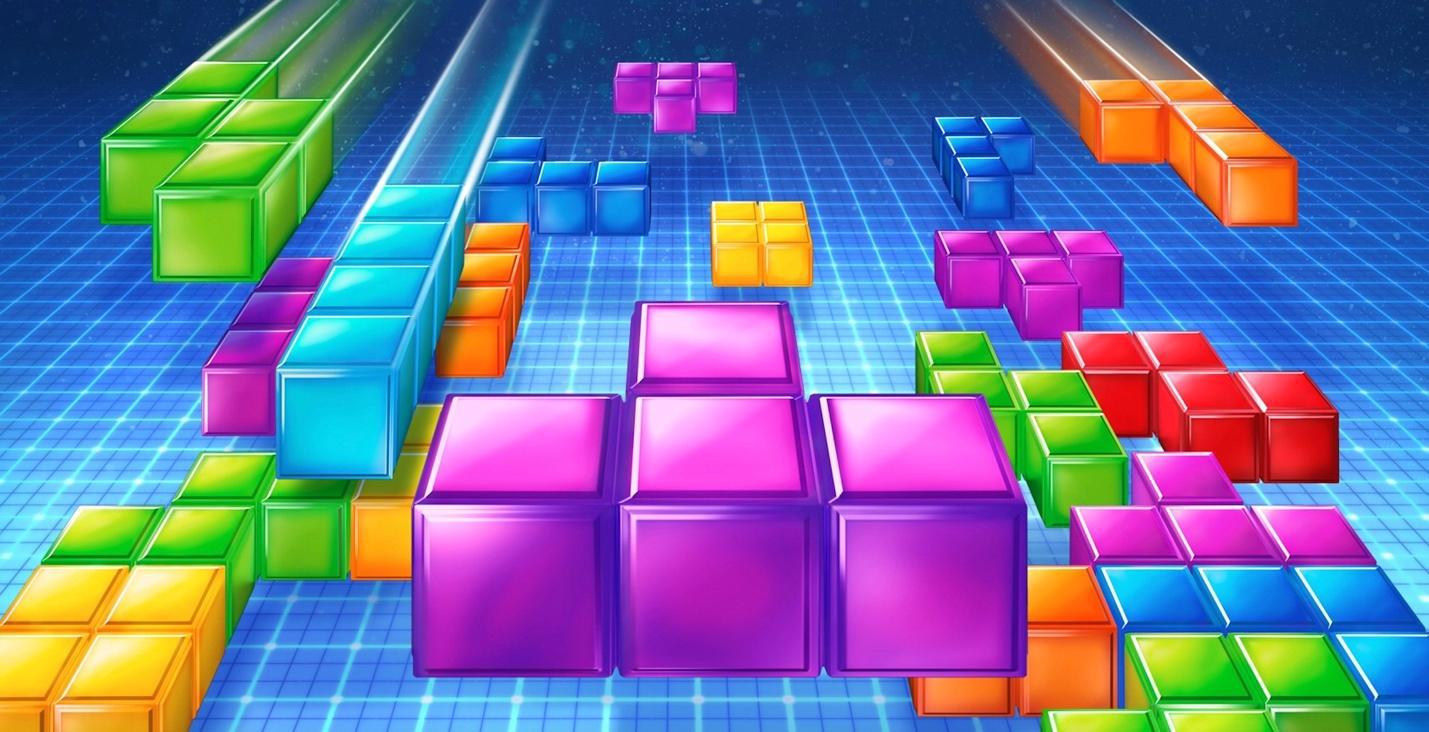The video game industry is young, so young that it is still difficult to assess its progression in the coming years in terms of consumer habits and the types of genres that will define the path to follow. In fact, before the arrival of products like Fortnite or Minecraft, there was a constant rotation of products as the highest-grossing title. Now, however, we have an unmovable collection of games that gather millions of players daily.
The future of video games could lie in service-based products that are in continuous evolution, but personally, I believe that the future will still be defined by single-player games, just as Slotozilla CA has defined its proposal for players.
Single-player titles will continue to maintain the foundations of the industry because they are the ones introducing new mechanics. I admit that multiplayer games propose new game modes, but innovative gameplay features are the domain of single-player products, which tend to be more experimental than multiplayer games that usually rely on established gameplay formulas, even if it’s through new game modes.
Tears of the Kingdom and the malleability in the open world
The latest installment of The Legend of Zelda has been built upon the foundation of the game released in 2017, which completely renewed the formula that had been used since Ocarina of Time. Nintendo created a massive product, without markers, that invited players to explore a world full of secrets.
Tears of the Kingdom maintains all the elements of Breath of the Wild introducing new abilities that modify the gameplay with which we approach the game. It’s not just about building and combining elements that can help us achieve a certain objective; it’s about creating different paths to reach the same place. An idea that has always fluttered in the minds of video game designers and that has been solidly embodied for the first time.
We are not aware of the change proposed by Link’s gigantic adventure in the established foundations of the open world, and above all, the gameplay freedom. Without barriers or impositions, we are limited just for ourselves.
The seamless gameplay of Death Stranding
Hideo Kojima is an innovative creator who has always played with the plastic possibilities offered by the creation of video games through surprising mechanics, mature scripts, and elements that break the monotony in the connection player-video game.
Death Stranding is his latest work, a dystopian product that prophesied part of the behaviour that humans could have in an isolation situation. The truly innovative aspect of Death Stranding lies in its gameplay. In open-world games, the player must move from one point to another, and the actual gameplay occurs in those hubs and the game forces us to travel to reach those points. However, in Kojima’s game, the gameplay is in the journey itself, in the path we must traverse.
This disruptive aspect manages to engage the player through complex gameplay mechanics built through various layers of options. A product ahead of its time.
Innovations like those included in Death Stranding or Tears of the Kingdom are far from being established in the industry due to their complexity, but they will be the foundation upon which future games are built.









![[Rumor] Chrono Trigger remake or remaster could already be in development](https://vgleaks.com/wp-content/uploads/2026/02/chrono-trigger-150x150.jpg)


![[Rumor] The Game Awards 2026: GTA 6 Might Not Make It In Time](https://vgleaks.com/wp-content/uploads/2026/02/GTA6-awards-150x150.jpg)

